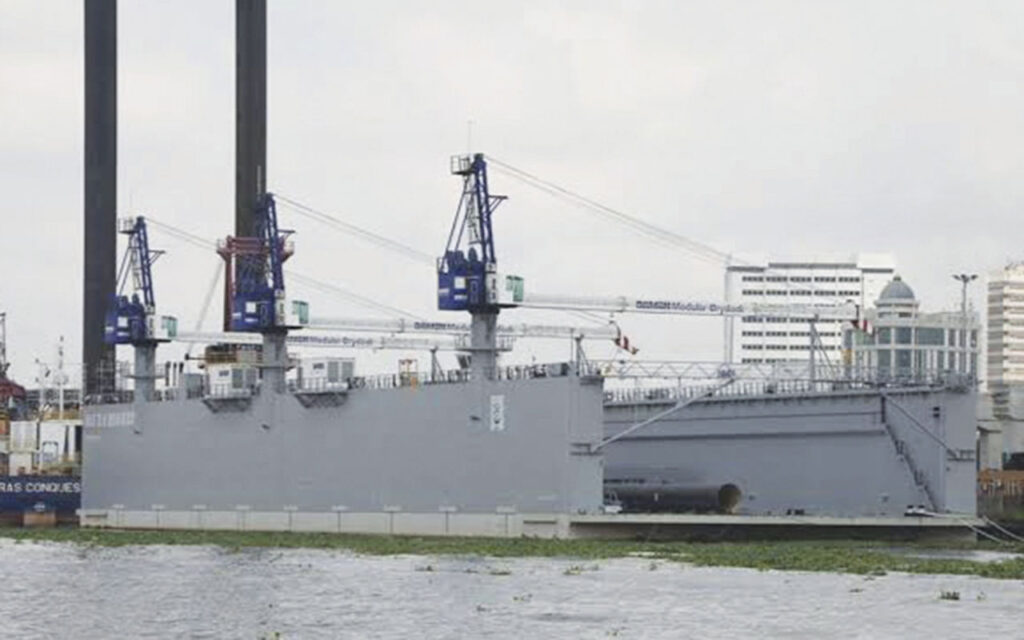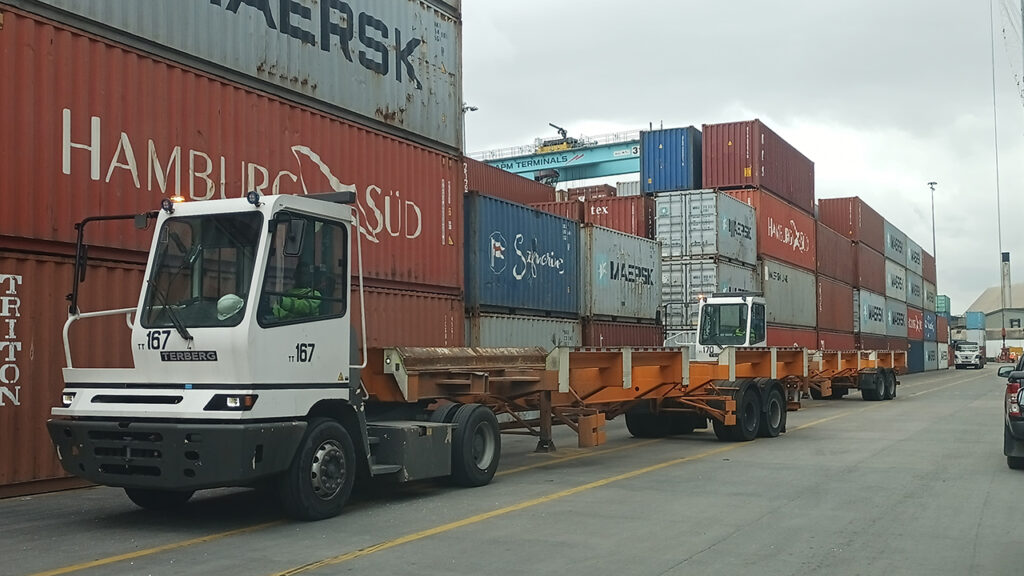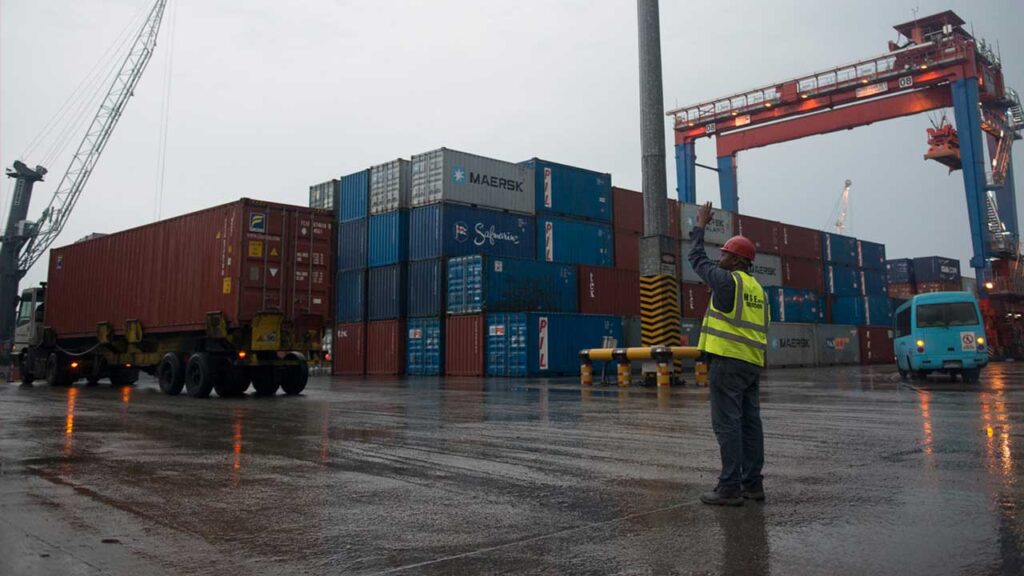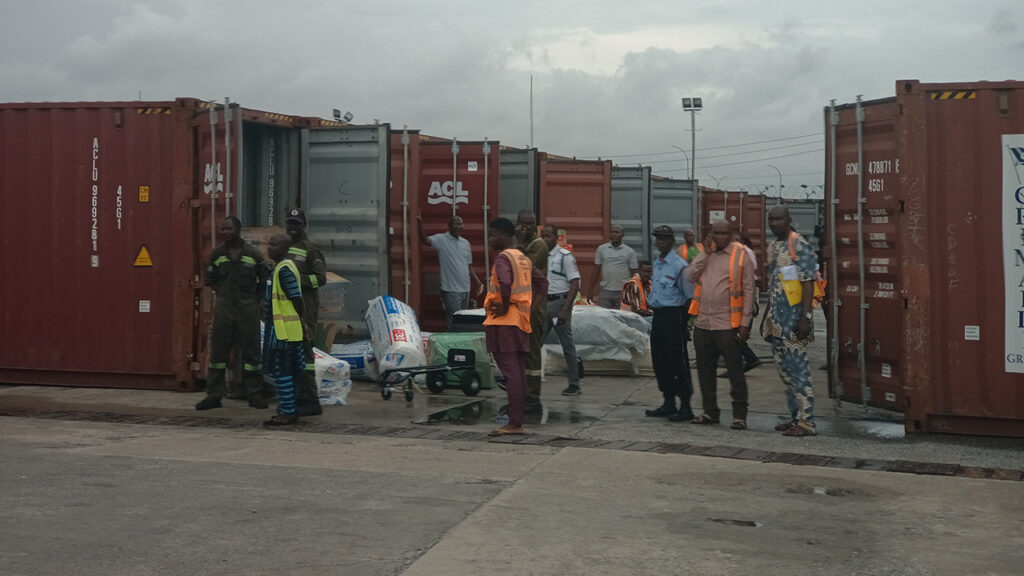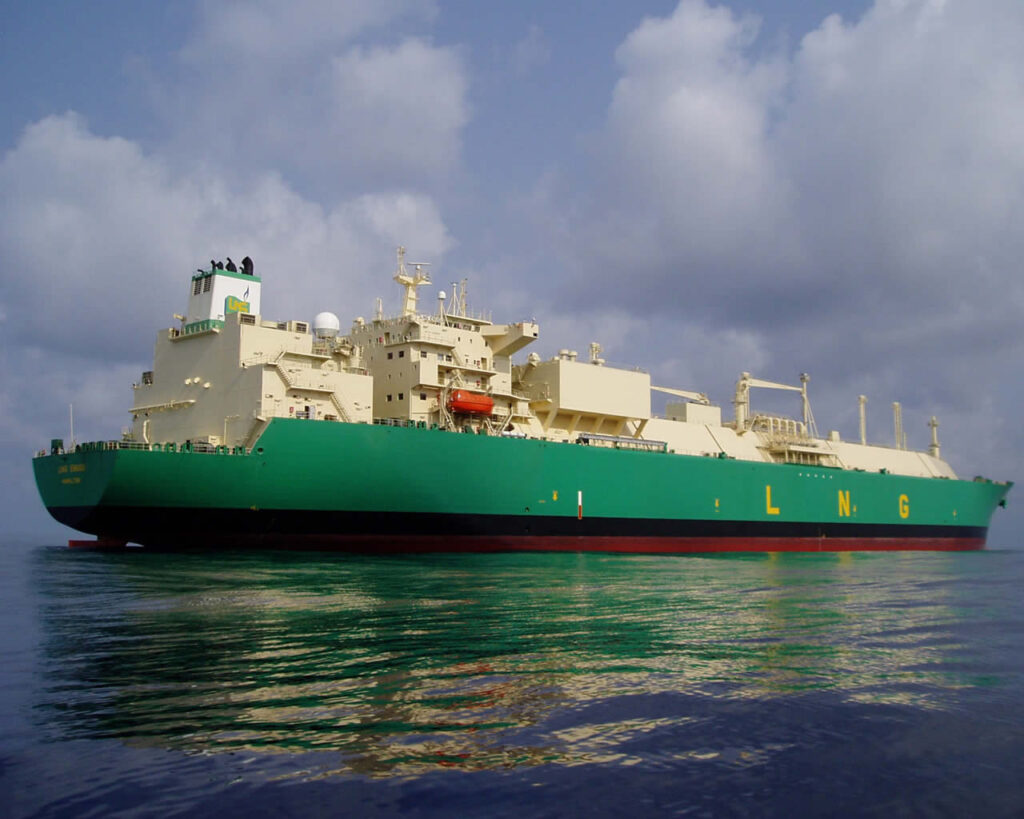
• 661 boxes lost in 2022
The World Shipping Council (WSC) has charged the international shipping industry to ensure better safety of containers, just as the number of containers lost at sea fell to 661 in 2022.
The WSC, in its yearly ‘Containers Lost at Sea’ report released recently, said although the number recorded in 2022 marked a significant drop and highlights the industry’s strides in improving container safety, there must be constant vigilance required to ensure the well-being of crews and the safeguarding of valuable cargo and the environment.
According to the report, of the estimated 250 million containers shipped yearly, the 661 containers lost represent a mere 0.00026 per cent, translating to a significantly low loss compared to the over $7 trillion in cargo transported each year.
The council noted that over the fifteen years surveyed (2008-2022), an average of 1,566 containers were lost at sea each year. The report further stated that an unusually high number of weather-related incidents in 2020 and 2021 led to an average loss of 3,113 containers lost over two years.
The report attributed the spike to the significant container loss incidents in the Pacific Ocean, which include, the ONE Apus that lost over 1,800 containers in November 2020 and the Maersk Essen that lost 750 containers overboard in 2021 due to severe weather conditions.
The WSC said following the incidents, the average number of containers lost for the last three years (2020-2022) now stands at 2,301 containers per year, a significant rise from the 779 lost on average each year during the previous three years (2017-2019).
President and Chief Executive Officer, WSC, John Butler, said the reduction in containers lost at sea in 2022 is positive news, but the shipping industry cannot afford complacency.
He said they are committed to making the sea safer for work as well as protecting the environment and cargo by reducing the number of containers lost at sea.
Butler noted that container safety is a shared responsibility across the supply chain, adding that key factors include proper packing, stowage, securing of containers, and accurate weight reporting.
He said liner carriers must collaborate with partners to prevent incidents and ensure safe container transport, while working with governments and stakeholders to minimise container losses at sea.
Butler said the WSC, as part of efforts to help mitigate the dangerous situations, initiated the MARIN Top Tier project in 2021, to provide data on the causes of containers overboard and measures to prevent such incidents, alongside maritime stakeholders.
He said the project is also investigating container and lashing gear strength, stowage planning and optimisation as well as guidelines for vessel operations and voyage planning.
He said as the project enters its final year, it aims to offer industry best practices, updated safety standards and recommendations.
On the regulatory front, Butler said, while the Maritime Safety Committee (MSC 105) approved a revision of the International Maritime Organisation (IMO) guidelines for container inspection programmes, the WSC has advocated for mandatory reporting of lost containers, a proposal that will be considered by MSC 107 this year.
He added that WSC has consistently worked to improve safety in container handling and transport since its inception, resulting in enhancements to the Safety of Life at Sea (SOLAS) convention, the creation and promotion of the Code of Practice for Packing of Cargo Transport Units (CTU Code), and ISO standards for container lashing equipment and corner castings.


